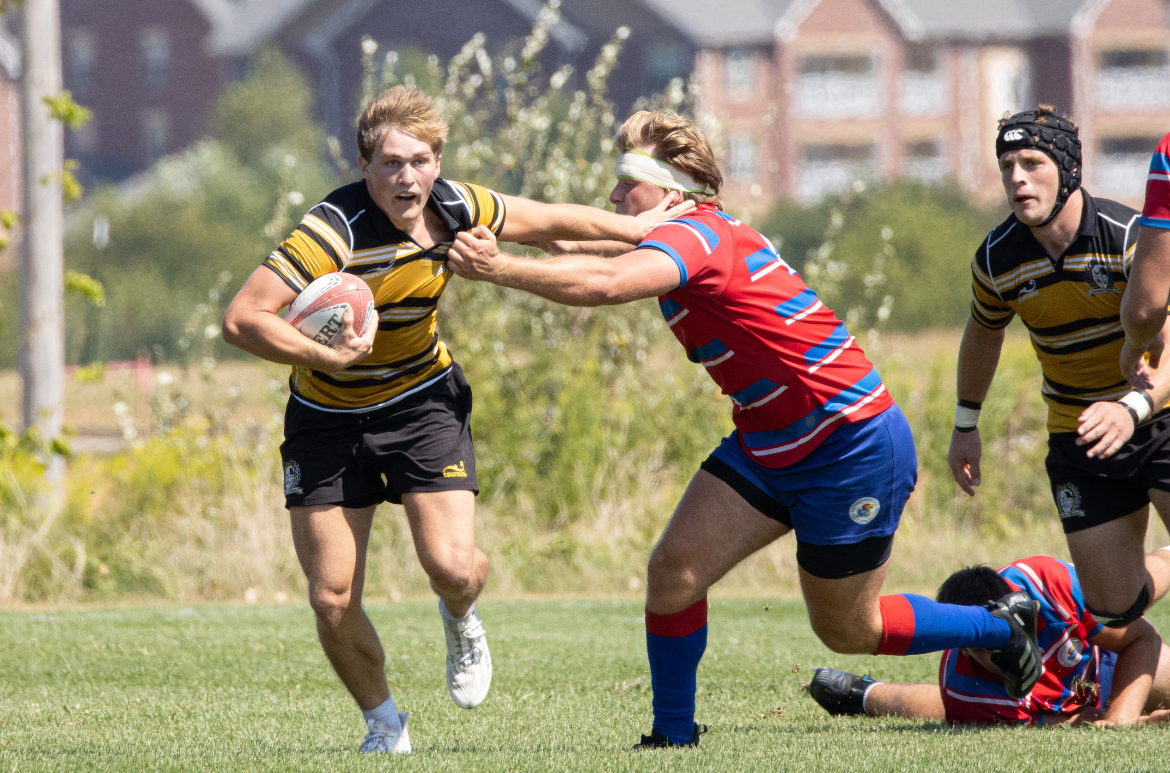Those three snow days in February may come back to affect certain students.
In response to the multitude of canceled classes MU experienced during the winter, faculty council has decided to lift the ban on reading day courses for the spring semester.
According to faculty council’s Snow Day Make-Up Day Policy, instructors are allowed to reschedule courses on Friday, May 10 for the Tuesday classes that were unable to make up course material.
“Instructors have been asked to make up the missing material, and many have found ways to do so,” the policy stated. “However, for courses requiring certain building space or that require a certain number of contact hours, these options may not be viable.”
Although professors have been given the option to schedule courses for reading day, there are a series of conditions faculty council has outlined. Instructors were to inform students no later than Friday, April 5 after being encouraged to first consider other options.
Additionally, only courses with a regularly scheduled Tuesday and Thursday class may use the opportunity, and final tests or exams are not permitted on the extra day. Instructors also must schedule the class at its normal time.
“We wish to provide another opportunity for making up class time lost to the emergency closures,” the policy stated.
It’s been a bit of an unusual year with the multiple closings, Professor of Mathematics Stephen Montgomery-Smith said.
“Well, we had all these snow days,” Montgomery-Smith said. “(Faculty Council) felt that some teachers may want to make up that time, and it seemed like the reading day was the most convenient time to do it.”
Montgomery-Smith, who serves on the faculty affairs committee, said he can recall a similar situation in February 2011.
For three days at the beginning of the month, Columbia was hit with heavy snowstorms. However, instead of giving instructors the option to reschedule courses for reading day, faculty council decided to shift finals week from five days to four.
Reading day has been relatively untouched in the past, Montgomery-Smith said. And although he said he knows a lot of instructors firmly believe in its purpose, Montgomery-Smith said he is not as passionate about reading day as some of his colleagues.
“It’s not a big deal to me,” Montgomery-Smith said. “It’s probably better to have it than to not have it, but when you have extenuating circumstances, I think it’s something that’s not totally sacrosanct.”
Curators Professor of Nuclear Engineering Sudarshan Loyalka said that although he agrees with Montgomery-Smith, it was the right decision, and he sees the merits of reading day every year.
“I’m in support of (reading day),” Loyalka said. “I think the more time the students can have to study and focus – I’m supportive of it.”
But something needed to be done given the circumstances, Loyalka said. Faculty council discussed a series of possible actions during general council meetings, as well as executive committee meetings, and the reading day option was the only one that reached a consensus.
Loyalka acknowledged that some students may not like it, but he said it was a necessary measure.
“We discussed various options,” Loyalka said. “And this one seemed the best at the time.”







